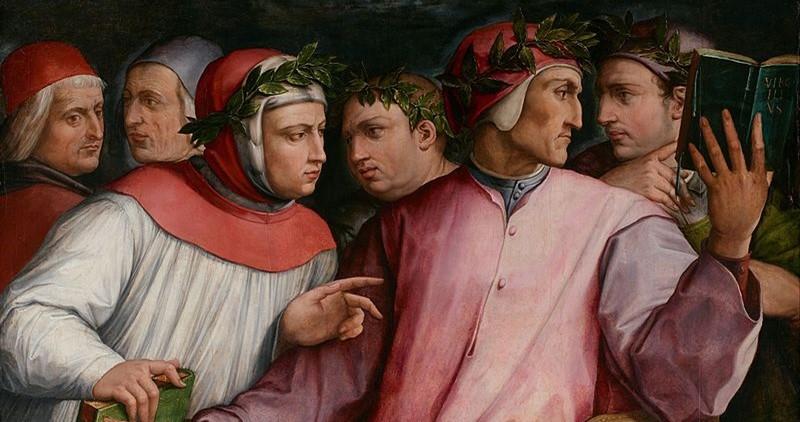In his Introduction to “The Oxford Book of Christian Verse,” Lord David Cecil writes that “Religious emotion is the most sublime known to man,” but in the same paragraph adds that “a large proportion of religious verse is poor stuff” and that “those poets who have invoked both the sacred and the profane must have, with some striking exceptions, found themselves more comfortable with the profane.”
Some might offer as a rebuttal that, in all the realm of rhyme and rhythm, we find many more huts and shacks made of words than castles. Yet, Lord Cecil has a point. Much of what we might call religious verse is secondhand in its quality, fit for a greeting card perhaps, but forgotten as soon as it’s read.






